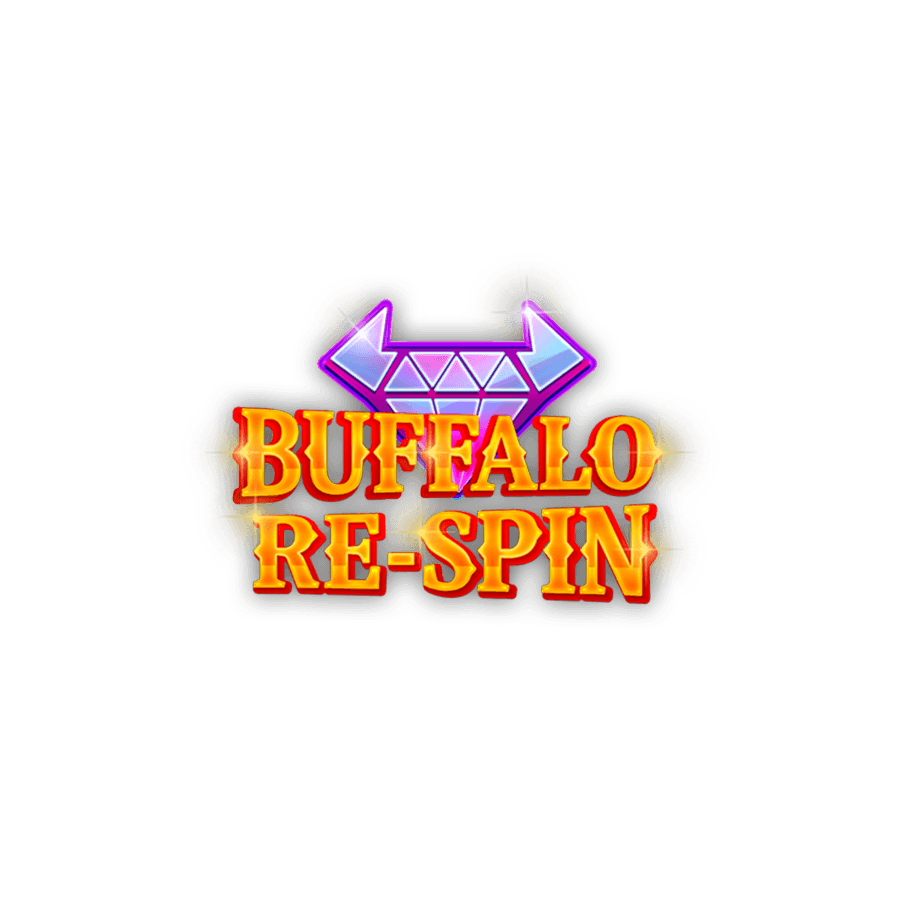- Joined
- Mar 25, 2012
- Location
- IOM
Cheers bamber, might give them a goBrand new WHG site. Max RTP on all I've seen. 48 hour pending but I've had 4 withdrawals all within or around that mark.
So far so good.

Cheers bamber, might give them a goBrand new WHG site. Max RTP on all I've seen. 48 hour pending but I've had 4 withdrawals all within or around that mark.
So far so good.







Wonder what they mean with this part.Buffalo Re-Spins RTP
An RTP of 95.11% means that Cayetano's Buffalo Re-Spins is a low-to-medium volatility slot, with plenty of wild western re-spins possible on these five reels.
For more western-themed slot action we'd recommend that you sample Mustang Gold.
Not sure why they say that, all i know is that its a bonus quick hit slot, and any follow up after the hit just get's eaten back up quick. Other thing is that when it hits, the payout is better then most slot i know. Worth a try i guessWonder what they mean with this part.
Rtp and volatility are two separate things that have nothing to do with each other.
All 95.11% rtp tells me is that its on the lower side of things when it comes to rtp.

I really didnt mean it as a diss, i just thought it was a bit odd that they say its low-medium volatile due to the 95% rtp.Not sure why they say that, all i know is that its a bonus quick hit slot, and any follow up after the hit just get's eaten back up quick. Other thing is that when it hits, the payout is better then most slot i know. Worth a try i guess
Furthermore just looking at rtp alone, does not do the slot justice, its only when u try it out, can you really tell, what a slot is like, you cannot "judge a book by its cover", just like ppl.


I find this a quite worrying release in the bigger picture of things. Won't be winning any popularity contests, but figured what the hell, posting anyway.
The trend of moving towards extremely volatile games and now potentially games that return 99% to player, can only work for operators that are big enough in the industry.
Even they won't be happy with it, but they'll survive it. The smaller ones that still have to fight for their market space and can still be influenced by swings (big wins) are very negatively impacted by this. Not because they cannot afford to pay the big wins that high-volatility creates (if they can't, they have no right to be in the space anyway), but because it affects the margins (NGR minus cost of sales) so dramatically.
Game suppliers – in a traditional contract – ask for a profit sharing and (sometimes) a minimum guaranteed fee, but will never share in the loss. If players win in any given month, the operator is required to pay the minimum “profit” sharing, but won’t see it deducted by the wins.
In a game model where the selling proposition in recent years clearly moved-away from low volatile titles to not just high volatile titles, but extreme volatile titles, the commercial model in which you operate as an operator becomes shaky. When a slot takes it all in one month, to then spew it away the next one, you end-up paying superficially high revenue share percentages that you at the start of the cooperation would never agree with. Simple example:
Month A: 100 EUR bets; 0 EUR wins -> profit sharing of 10% on 100 EUR = 10 EUR
Month B: 100 EUR bets; 180 EUR wins -> profit sharing of 10% on 0 EUR = 0 EUR, maybe a minimum fee on top in addition, depending on the supplier.
Even without minimum fee, you have now paid 10 EUR in fees on 20 EUR in revenue, in other words, 50%. This is of course an extreme example to illustrate a point, but you get the picture. It changes the margins dramatically.
High-volatile games were a good innovation by the game suppliers, don't get me wrong, it was an instant hit with players and I believe it also generated a lot of new blood (traffic) that previously wasn't interested by online games. So while it represented a problem to small and medium players and their margins and while it was a big shift (commercially) in favor of the supplier, it also had a lot of pro's for the casino itself.
If, however, you are now going to take it even further and mix high volatility into a 99% RTP model, you are creating games that may work well for you individually as a supplier (I’m sure they’ll get plenty of exposure from streamers with it), but that do not work for the partners that hosts the games. Maybe for a select few that are sufficiently big, but not for those below that size. If you eliminate competition this way, you’ll end-up in an environment with just a few big players out there and nothing else (except for those not giving a damn about ethics anyway, as they'll confiscate the win later on anyway). In my view, that cannot be healthy.
That is why I’m personally not very happy about this release, because I like to play on new casino's (that are rated decently) because they are still "hungry" and generally speaking often offer a better personalized service than the big ones. Moreover so, because the motive for the release - I'm sure - wasn't altruism and "supporting the player", more an attempt to regain market share that was slowly deteriorating with new suppliers arriving on the scene.
I don’t think it’s a benefit to the average casino player in the bigger scheme of things, when competition gets eliminated, innovation stops and just two categories of casino’s remain: those that scam & those that launched early enough to have made their money in easier circumstances. Because I am 100% sure a small and medium sized casino cannot run on a 99% RTP + high volatility game model (when doing things properly) and even for the big mammoths in the industry it will ultimately start representing a problem, certainly in territories where extra taxes are due. The best proof of that being that quite a few of them already moved to lower RTP versions of games that were "just" around 97%.
So who this release really caters to, is indeed the player (short-term), but in the long-term, those that creatively find ways to lower the payout ratio (e.g declining withdrawals), unhindered by even > 100% RTPs. And the game supplier itself of course...


Here's my session on this from last night, also features a new Play 'N Go game and there's a cheeky little feature at the end on Punk Rocker

Here's my session on this from last night, also features a new Play 'N Go game and there's a cheeky little feature at the end on Punk Rocker
Great post mate !!! I agree with you 100% .I respect your opinion. Still, we could not be further apart in our way of thinking.
Though one point you mentioned about average players having to adjust when high volatility games hit the market was interesting; Players are going through the same now. Except for one major difference - The games are even more volatile with lower hit rates combined with lower RTP's.
Cutting players time does not benefit players, casinos or providers
The players are not demanding these games either as some providers like to portray. High volatility games are pushed by providers fighting for youtube mega wins with less risk to the casino now because in some cases, they are doubling the house edge. They are also massively different to a highly volatile slot of old.
Book Of 99 is a players slot but it's not dooming the industry. How many games come in at over 96% now? If it gains in popularity like it should it will still make a casino profit. Besides, how many Book of 99 slots do you think are out there?
Providing the catalogue of games from Relax makes money on the whole and it will, I dont see why Relax don't demand its taken, of course, that would be pretty drastic and potentially damaging to their brilliant network of games, so the choice is there.
I think you are way off. This slot is not bad for casinos it's good to offer this kind of variety. Players losing money quicker is worse for the industry in the long run. And smaller outfits have always had to find ways to distinguish themselves - that's business.
This is one slot that should still make money and it wont break a casino either, have you played it? It's really not that volatile in my experience, although Relax say it is and they should know
And I dont think casinos are forced into lowering RTP's through taxes either, plus am yet to see any evidence to back that up. They are making more money than ever.

I was looking for the words at the time to describe it and that pretty much sums up my thoughts about the gameAnother shit game.
99% to get 10x?


All of the WHG brands I play had it when I last checked:
Skol, Slotnite, 21Casino, 21Prive and Hello Casino.

